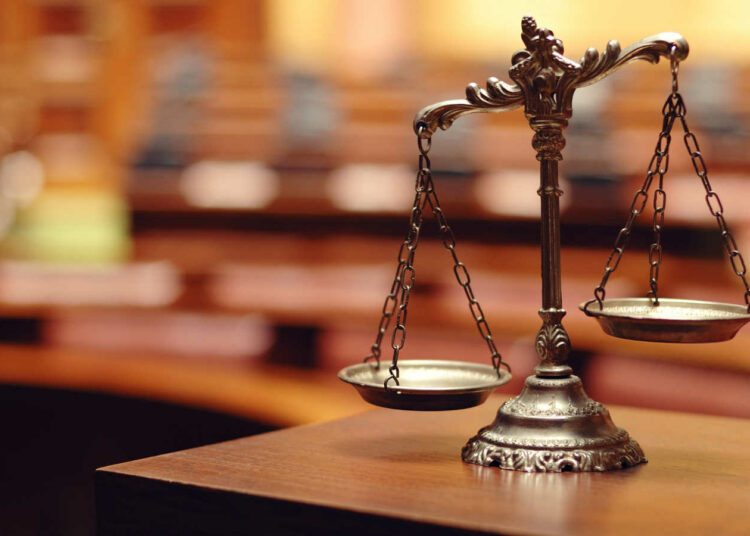In the intricate template of human society, the threads of religion and governance are often intertwined, yet distinct. As the fabric of civilization evolves, the tension between these two forces becomes increasingly apparent, particularly in the African context. For centuries, the continent has grappled with the challenge of reconciling indigenous values with imported religious creeds, leading to a complex landscape of conflicting norms and practices.
As the pursuit of justice and order continues to elude many African nations, it becomes clear that the conflation of religious and human laws has contributed to a culture of impunity, hindering progress and perpetuating social stagnation. The need to separate say seeks to religious laws from human laws in Africa is an urgent imperative, only through this distinction can the continent hope to establish a truly just and equitable society. Africa is perilously burdened with the dilemma of human and religious laws, a helpless case of two worlds: one where the whip of religious doctrine cracks down on the masses, and another where the firm hand of man-made law governs the elite.

This is the story of how the Western world, with its liberal facade, has cleverly manipulated the social fabric of Africa, sowing the seeds of chaos and disorder. In the UK, rapes are scarce, not because the people are inherently better, but because their laws are swift and merciless. In contrast, Nigeria, with its religious laws, struggles to contain the scourge of rape.
The perpetrators know that judgment is delayed, suspended in the heavens, leaving victims to suffer without justice. This dichotomy is not unique to Nigeria. Across Africa, religious laws reign supreme, meting out punishments that are more spiritual than tangible.
Meanwhile, the Western world wields its man-made laws like a sword, striking fear into the hearts of those who dare to disobey. The result is a continent in disarray, where social disorders run rampant. The West preaches liberalism, but practices authoritarianism.
They gave us religion to control our behavior, while they reserved man-made laws for themselves. Consider the case of Saudi Arabia, where religious laws govern every aspect of life. Yet, the rulers themselves are exempt, living in luxury and excess.
Or look at the United States, where the Bible is wielded like a political tool, but the laws of the land are strict and unforgiving. Why should people use religious creeds that aren’t indigenous to their orientation? Religion should shape the mind towards heavenly salvation and mold behavioral patterns to conform to acceptable norms. When people err, they should face the man-made laws of the land, not punishments dictated by holy books.
Crimes against humanity and the state should be addressed with earthly laws, while transgressions against divine principles should be reserved for Judgment Day, where the Almighty will deliver the ultimate verdict. Consider China’s approach to corruption: swift and severe punishment, including summary execution, has resulted in minimal corruption issues. Until Africa separates religious laws from human laws, the continent will remain stagnant, plagued by impunity and flourishing criminality.
It’s time for Africa to adopt a more pragmatic approach, embracing the principles of justice and governance that have proven effective in other societies. This is the ploy; to keep Africa in chains, bound by religious doctrine, while the West reigns supreme, guided by the firm hand of man-made law. It is a clever ruse, one that has kept our continent in turmoil for centuries.
But it is time to awaken, to see the truth behind the facade. We must reclaim our destiny, forging our own path, guided by laws that are just and swift. Only then can we hope to build a society that is truly just and equal.
As Africa stands at the threshold of a new era, it’s time to reclaim its destiny. By separating the sacred from the secular, we can unlock the continent’s true potential. Let us forge a future where justice is served, not in the name of gods, but in the name of humanity.
A future where the rule of law is guided by compassion, wisdom, and the inherent worth of every individual. Only then can Africa rise, unshackled from the chains of dogma, to take its rightful place among the nations of the world. The time for a new dawn is now – let us seize it, and in doing so, create a brighter tomorrow for generations to come.
.


















